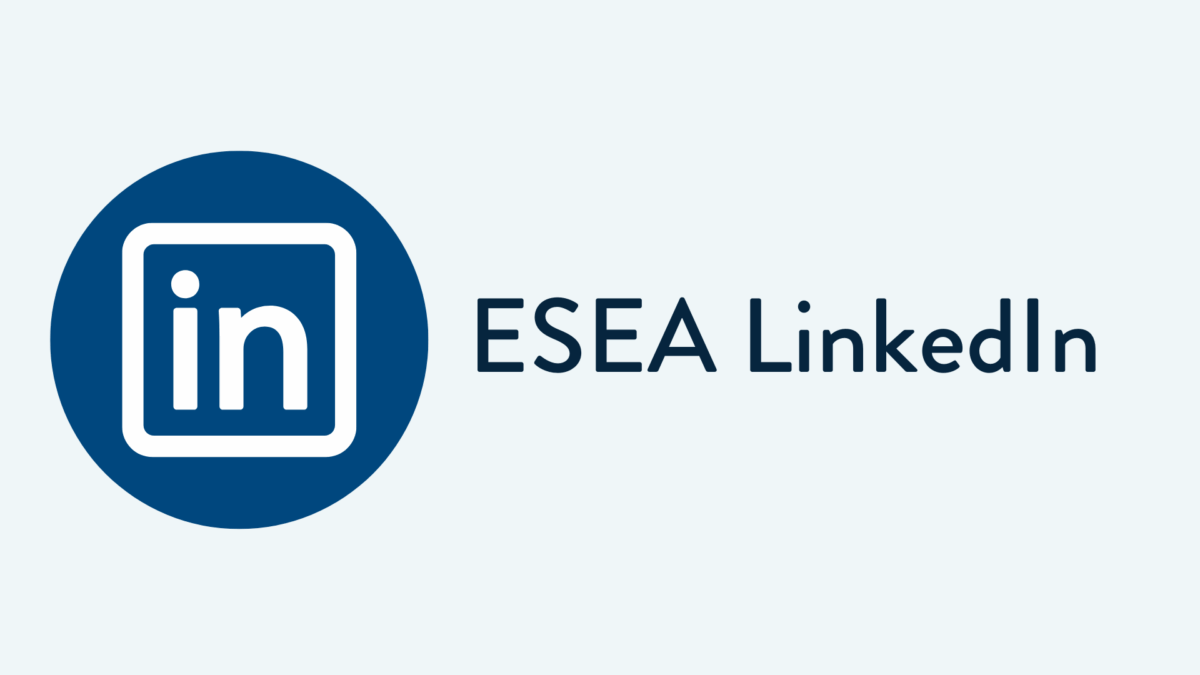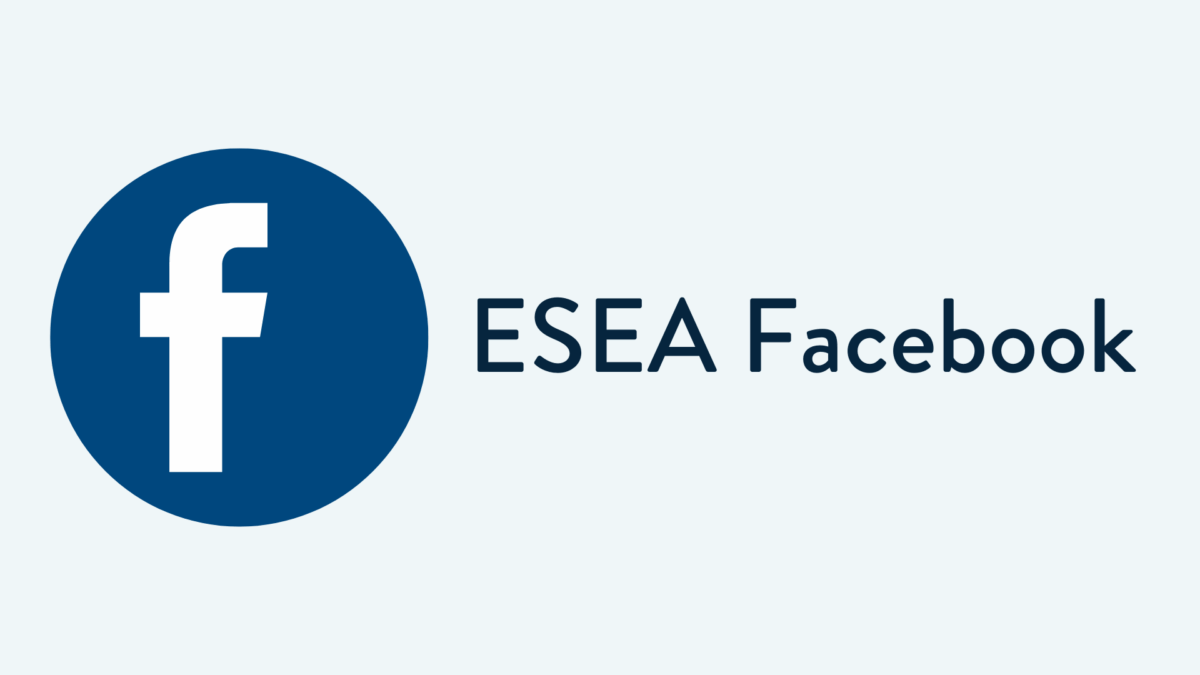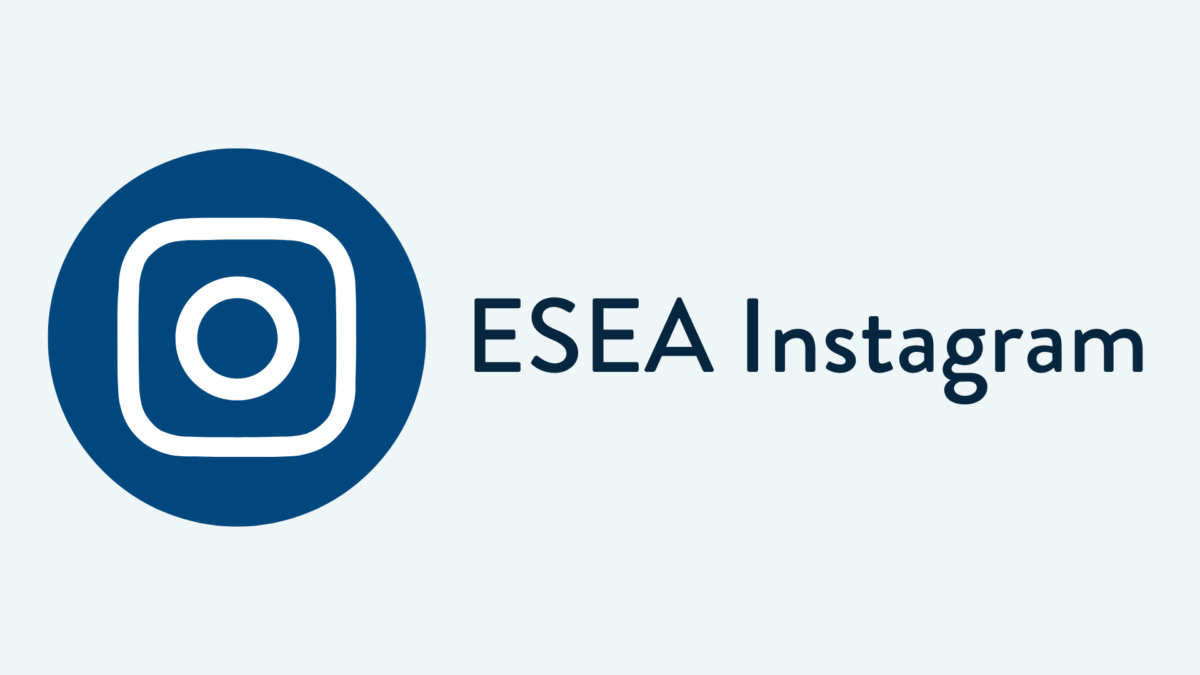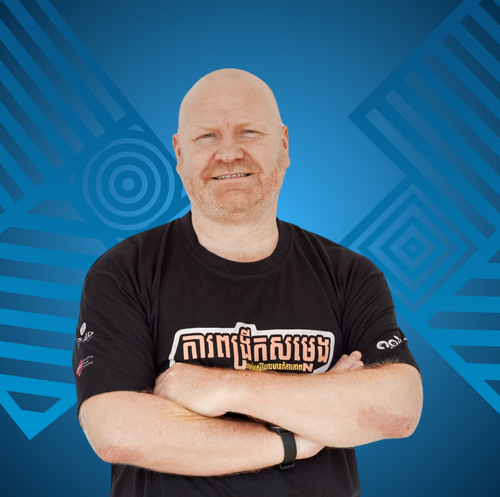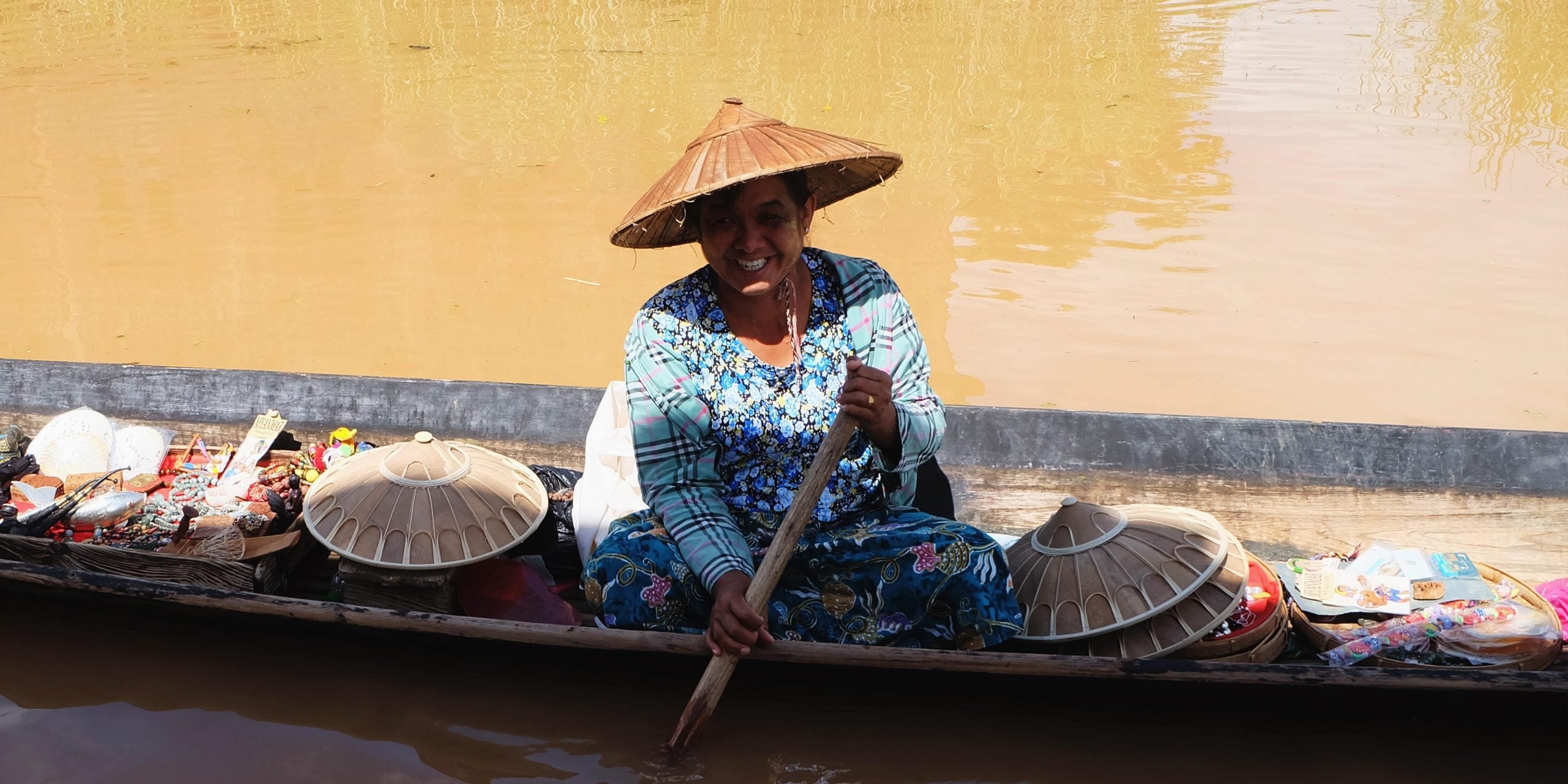
The East and Southeast Asia (ESEA) chapter is headquartered in Bangkok, Thailand and covers Australia, Brunei, Cambodia, China, Hong Kong, Indonesia, Japan, Malaysia, Myanmar, the Philippines, Singapore, Taiwan, Thailand, and Vietnam.
The chapter provides a platform that supports all stakeholders in the SGB ecosystem through training, knowledge sharing, facilitating introductions, and fostering collaboration among ecosystem actors.
The Asia Climate and Environment Learning Lab aims to foster collaboration, spark discussions, build capacity, and drive the green transformation urgently needed.
Being part of a community of entrepreneur support organizations working to advance inclusivity in entrepreneurial spaces in Asia.
ANDE Asia chapters, in collaboration with Roots of Impact, is pleased to invite you to our Asia Small and Growing Business (SGB) Finance Learning Series where we explore innovative financing approaches for SGBs across Asia.
ANDE Asia chapters, in collaboration with Heifer International, launch the INGO Impact Investing Learning Series to convene a curated group of INGO practitioners to learn, share, and grow together.
This learning lab aims to address the gap in data about the effectiveness of accelerators, focusing on the East and Southeast Asia region.
Each chapter's gender equality action lab will ideate and prototype solutions to systemic gender inequities in the SGB sector. They convene regularly and will conclude with a funding challenge to scale promising solutions.
The ESEA and India chapters convene a cross-chapter Funder Learning Lab with the goal to promote greater donor efficiency by cultivating a relatively small group of representatives from donor agencies, private foundations, and family offices.
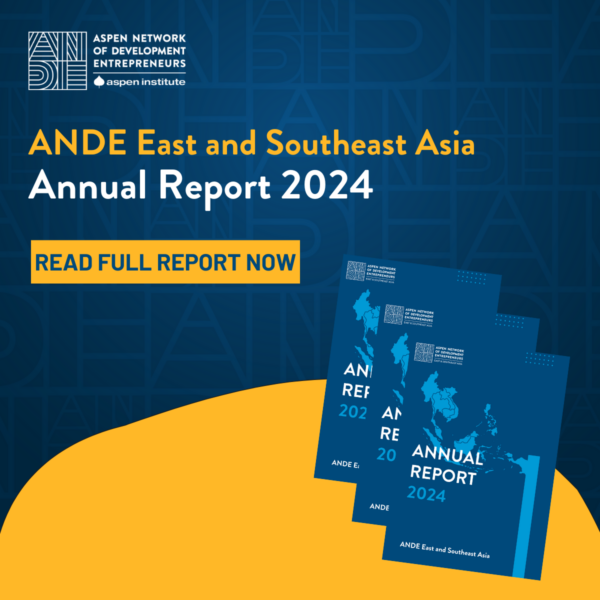
This report underscores the value of ANDE’s ecosystem in driving systemic change, strengthening regional entrepreneurship, and unlocking new opportunities for sustainable growth in East and Southeast Asia.
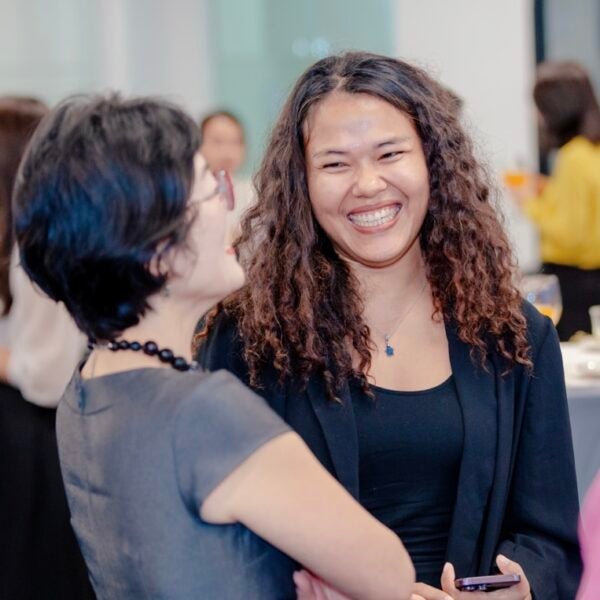
The concept of gender-lens acceleration has taken hold in recent years, with various toolkits outlining how to be more gender inclusive at every step of the acceleration process, from selection to programming and alumni support. However, it is not well understood how effective these strategies have been in producing more equitable outcomes for women. This report aims to fill that information gap by synthesizing the research on accelerating women-led ventures, exploring case studies of two accelerator programs in Asia that have outsized impacts for such ventures, and spotlighting other programs with unique program models or perspectives.
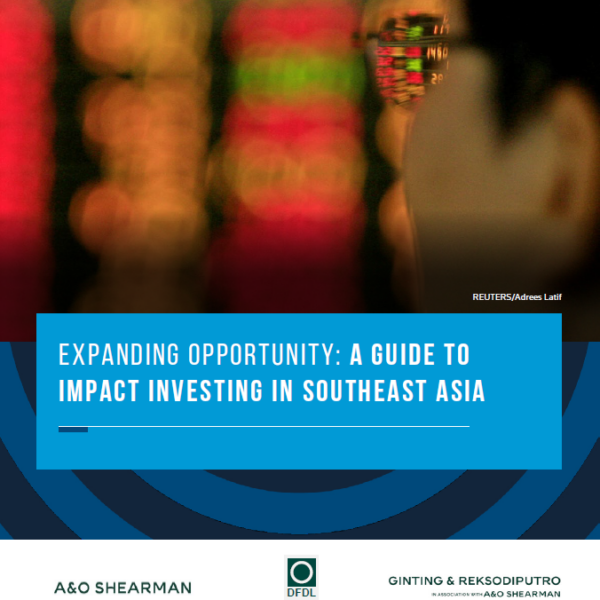
The Thomson Reuters Foundation champions economies that are equitable, participatory, and sustainable, with a focus on environmental respect. Impact investing is crucial for addressing social and environmental inequities but remains underutilized in Southeast Asia. To bridge this gap, the Aspen Network of Development Entrepreneurs (ANDE) partnered with TrustLaw, the TRF's global pro bono service, to enhance understanding of local impact investing regulations in 7 different countries in Southeast Asia: Thailand, Vietnam, Singapore, Indonesia, Malaysia, Myanmar, and the Philippines. Special thanks go to A&O Shearman, DFDL, Mayer Brown, MahWengKwai & Associates, and SyCip Salazar Hernandez & Gatmaitan for their pro-bono support. This guide aims to assist social enterprises, incubators, and investors in navigating local regulations and fostering greater investment in regional startups and their social missions.

In KINETIK–ANDE–ROI Investment Manager Training sessions, Roots of Impact showed how impact-linked finance ties better terms to verified outcomes—turning measurement into strategy, strengthening credibility, and rewarding meaningful performance.
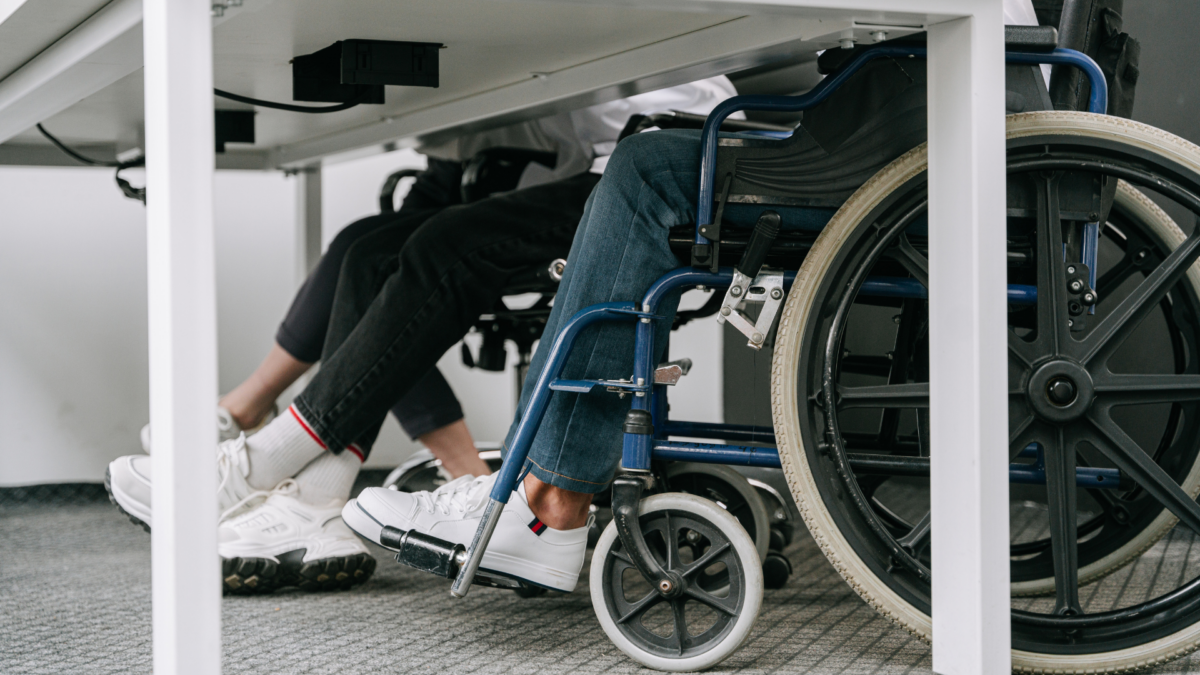
Lessons from Seedstars’ work across Asia and Africa, shared by Tom Sebastian, Regional Director of Partnerships (Asia & APAC).
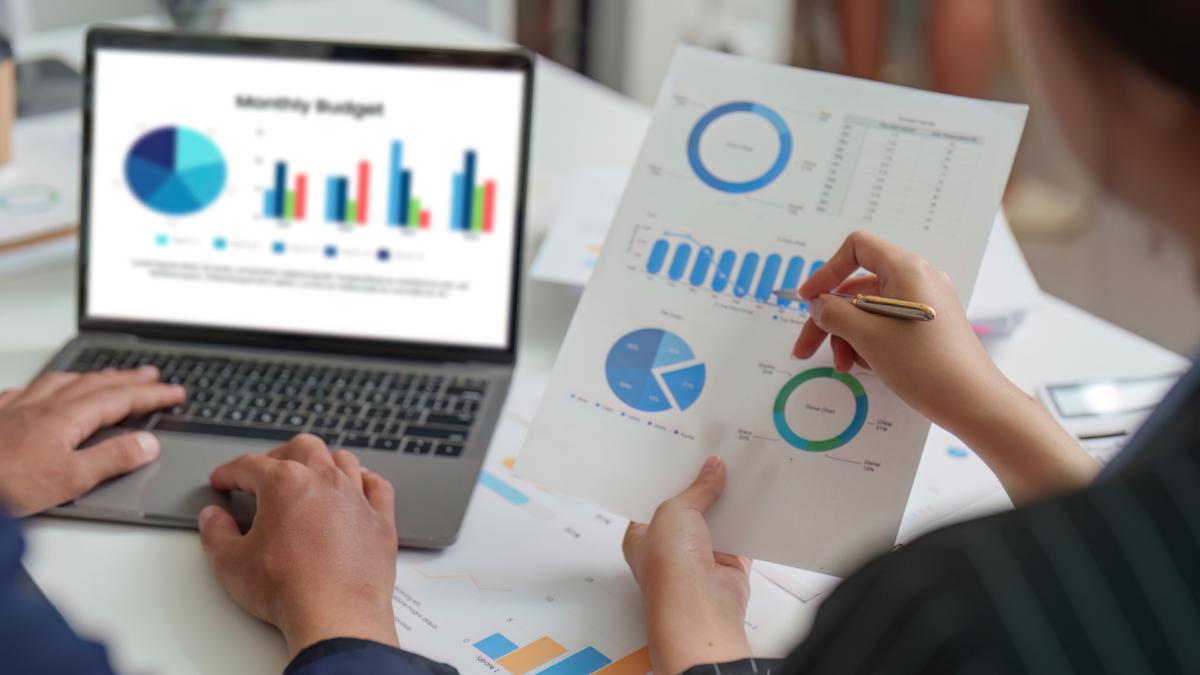
How Seedstars uses Monitoring, Evaluation, Research, and Learning to reduce exclusion while programs are still running.
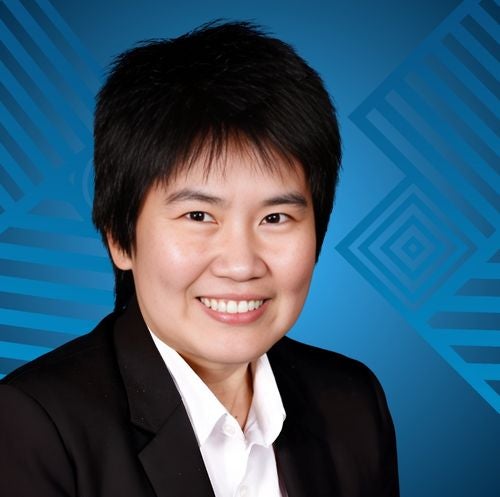
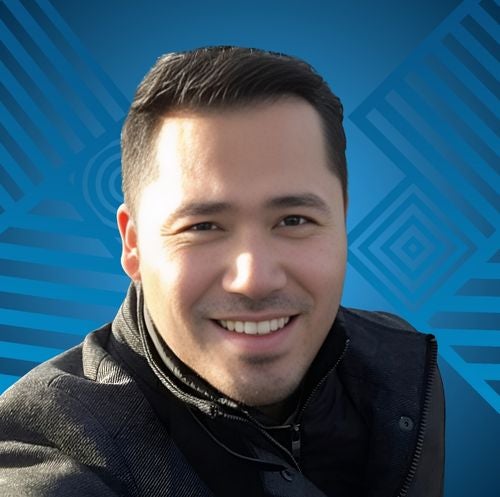

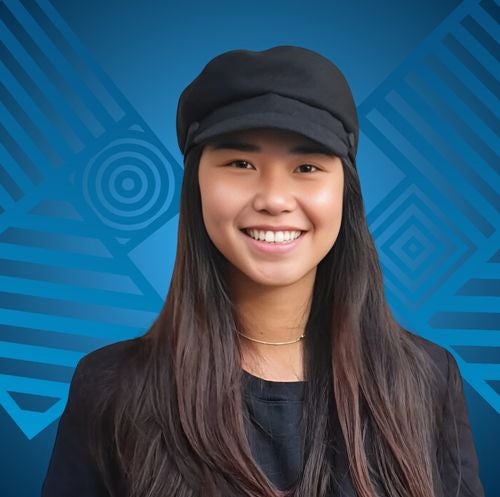

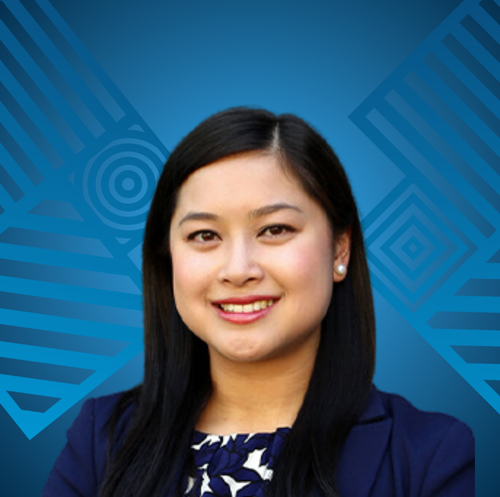
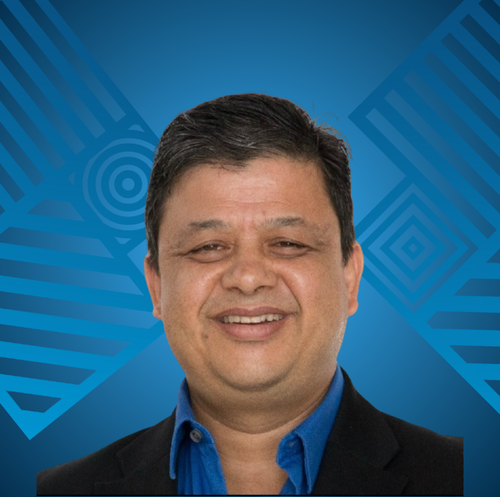
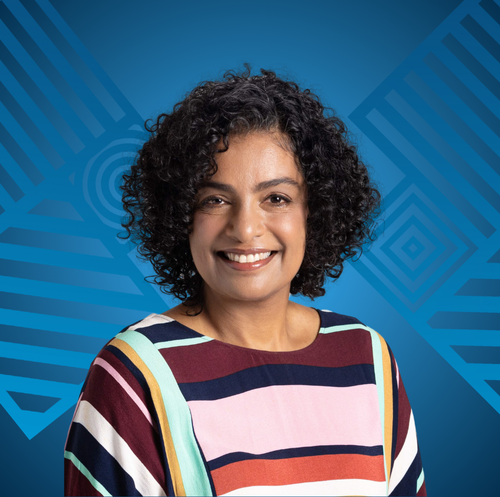
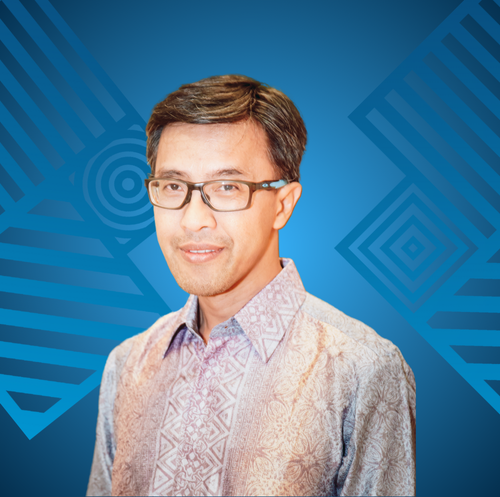
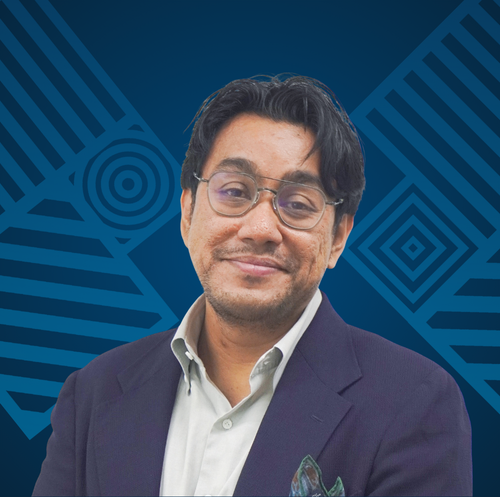
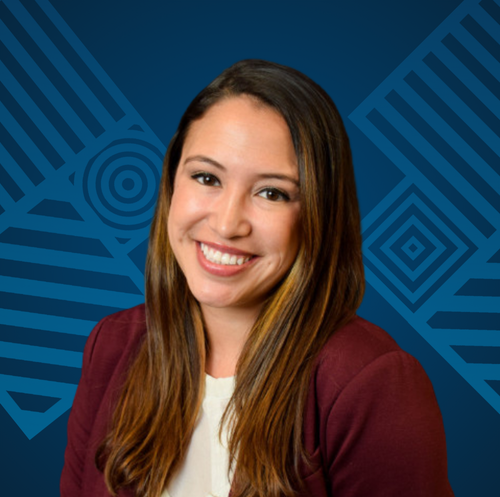
Uncover the transformative work happening across Asia—collaborations, innovations, and solutions making a lasting impact on sustainability, equity, and progress.





